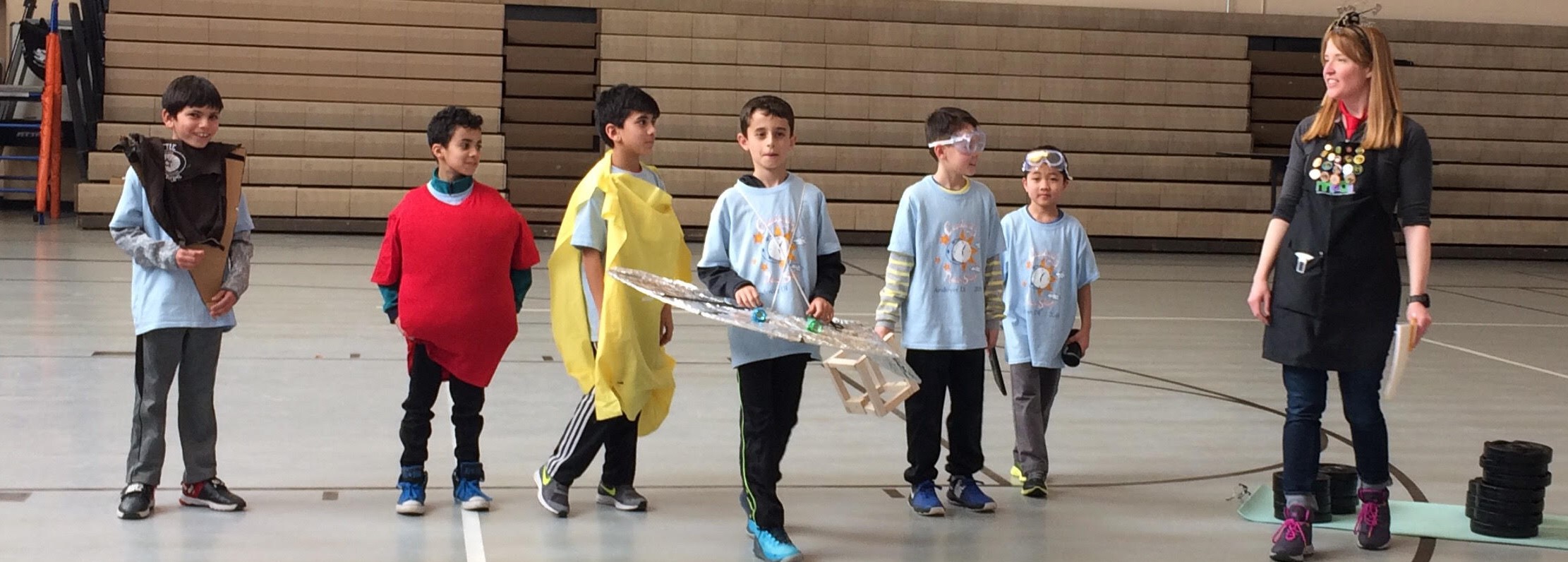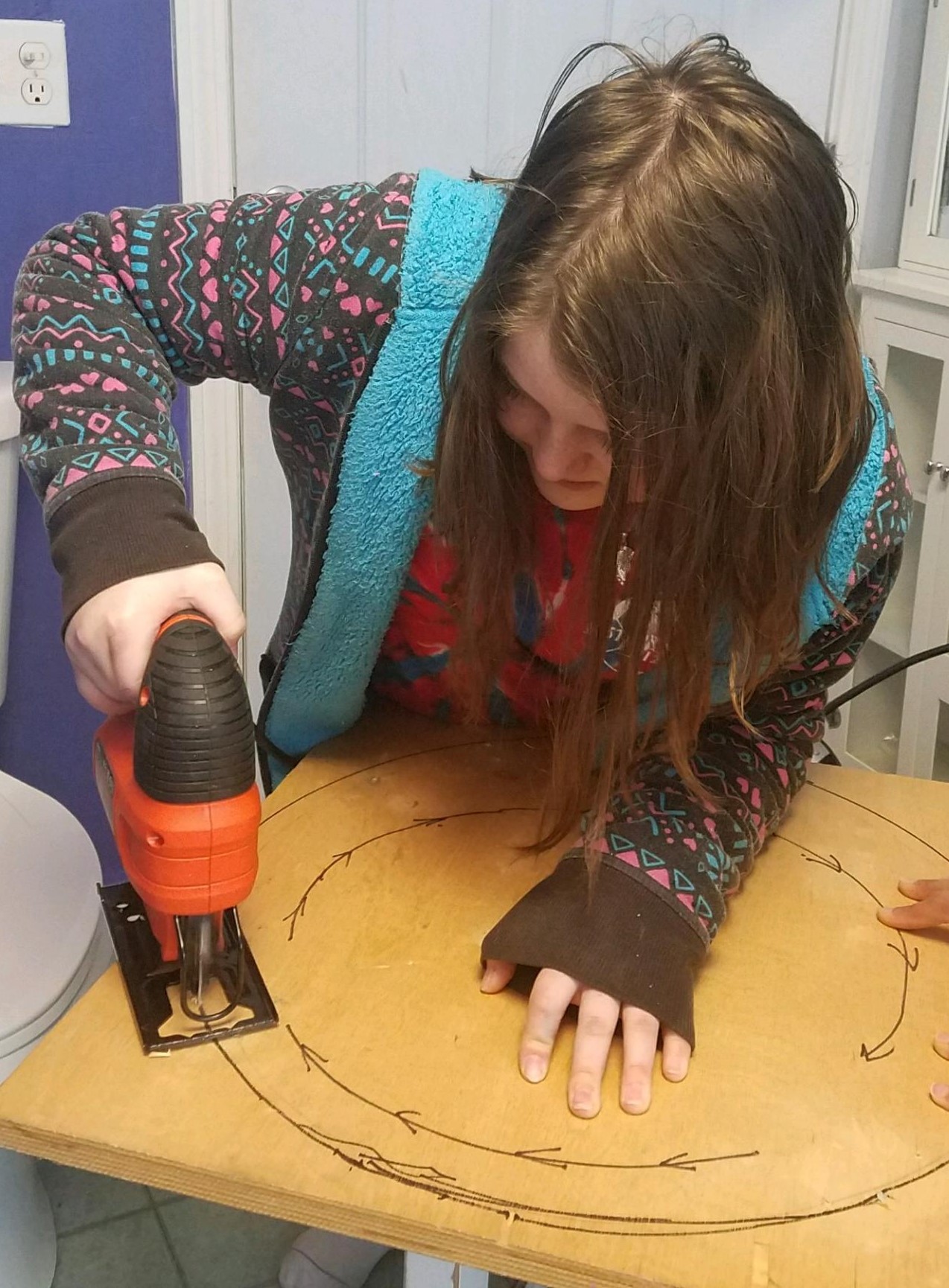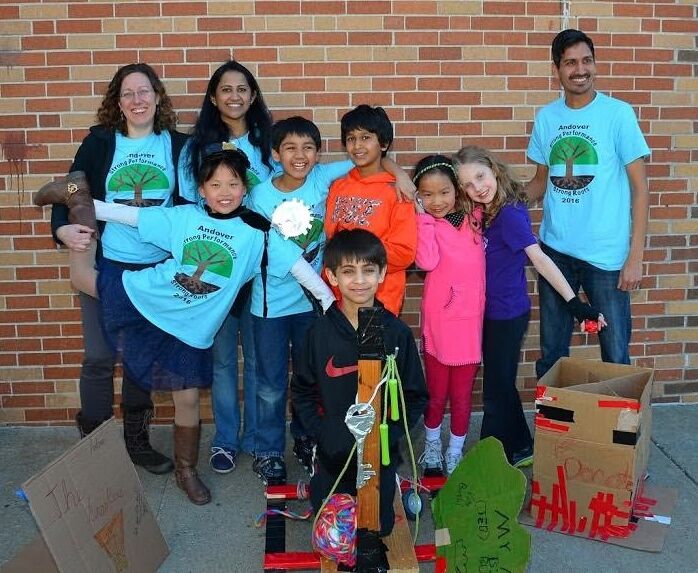DI Jargon
DI has its own lingo that can seem confusing at first. Learn more here!
Destination Imagination (DI)
Destination Imagination, Inc. is a leading educational nonprofit dedicated to teaching students the skills needed to succeed in school, their careers and beyond. DI develops project-based learning programs that blend STEM (science, technology, engineering and mathematics) education with the arts and social entrepreneurship. Every year, DI publishes seven challenges, sets the rules for participation and provides national and international support to teams.
Through our programs, students use the creative process to turn their ideas into reality and learn invaluable skills through the process including:
- Creative & Critical Thinking
- Team Building
- Problem Solving
- Risk Taking
- Project Management
- Perseverance
- Self-Confidence
Click here to learn more about DI’s mission and goals.
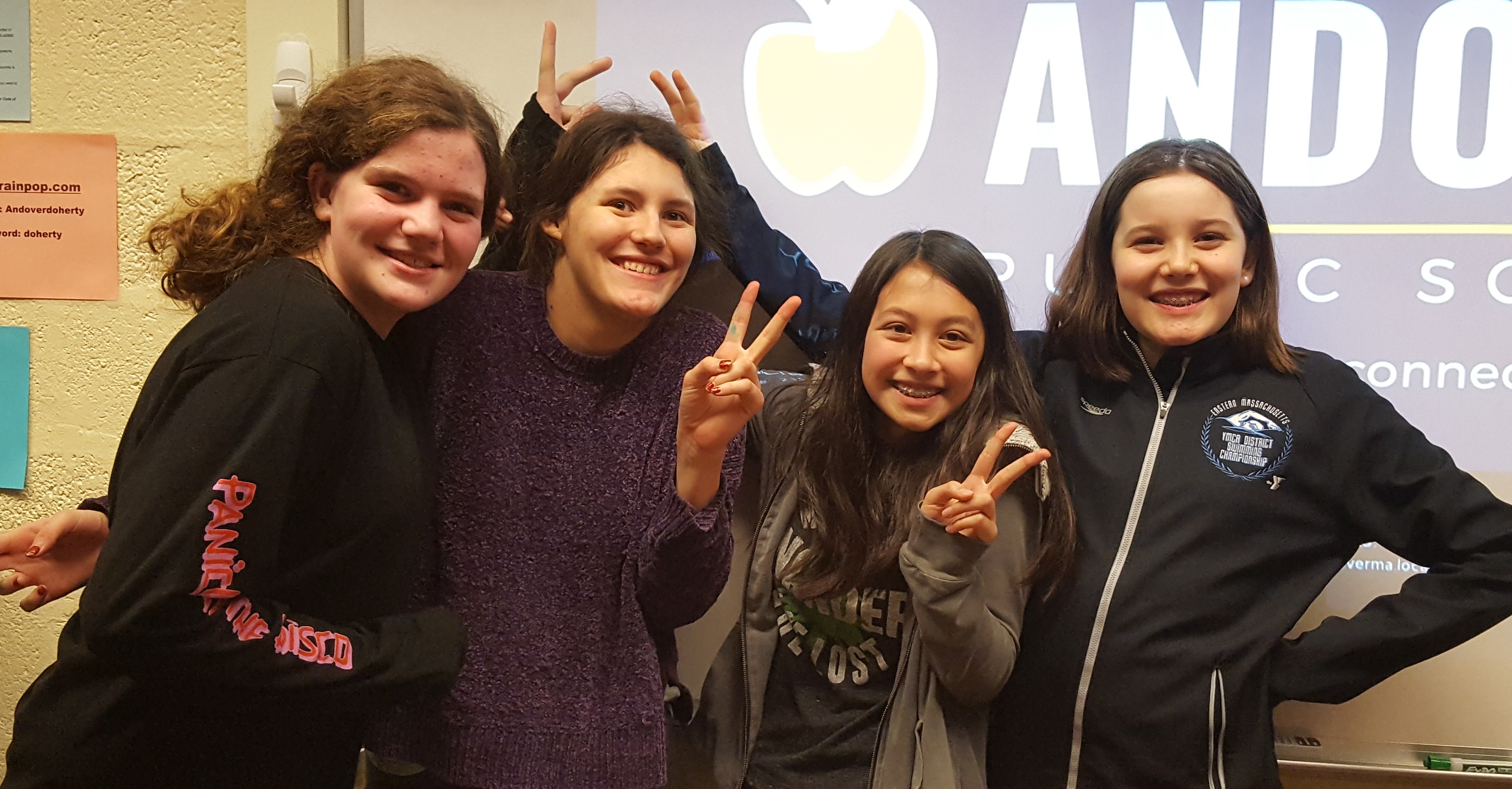
Massachusetts Destination Imagination (MADI)
Click here for MADI’s website.
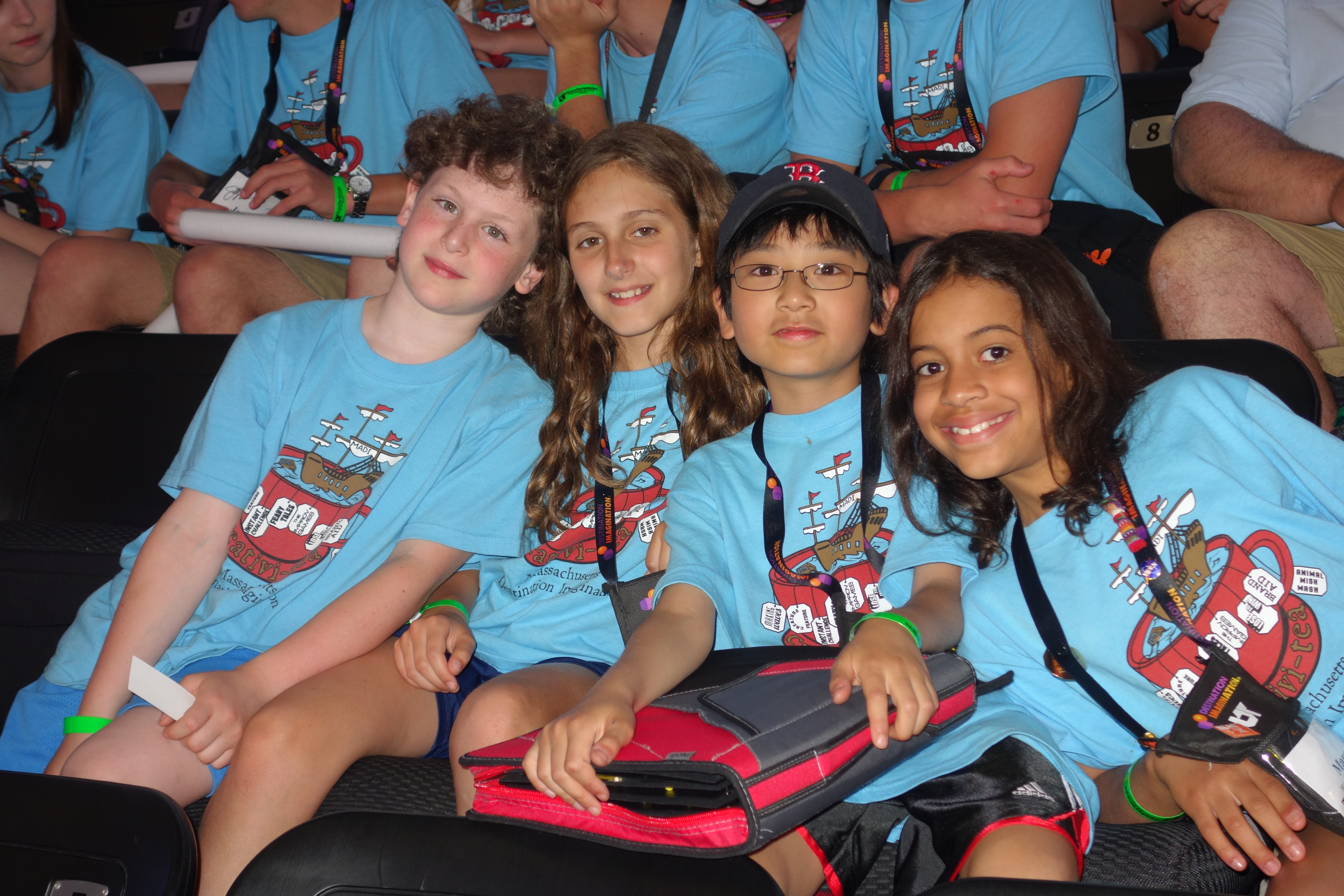
Challenge Me, Inc. (CMI)
Challenge Me, Inc. is a 501(c)3 non-profit organization that is Andover’s DI governing organization. Our Board of Directors helps form the teams and provides support and training to teams and team managers. CMI works closely with both Destination Imagination Headquarters (DIHQ) and the Massachusetts Destination Imagination affiliate, MADI.
Learn more about CMI here.
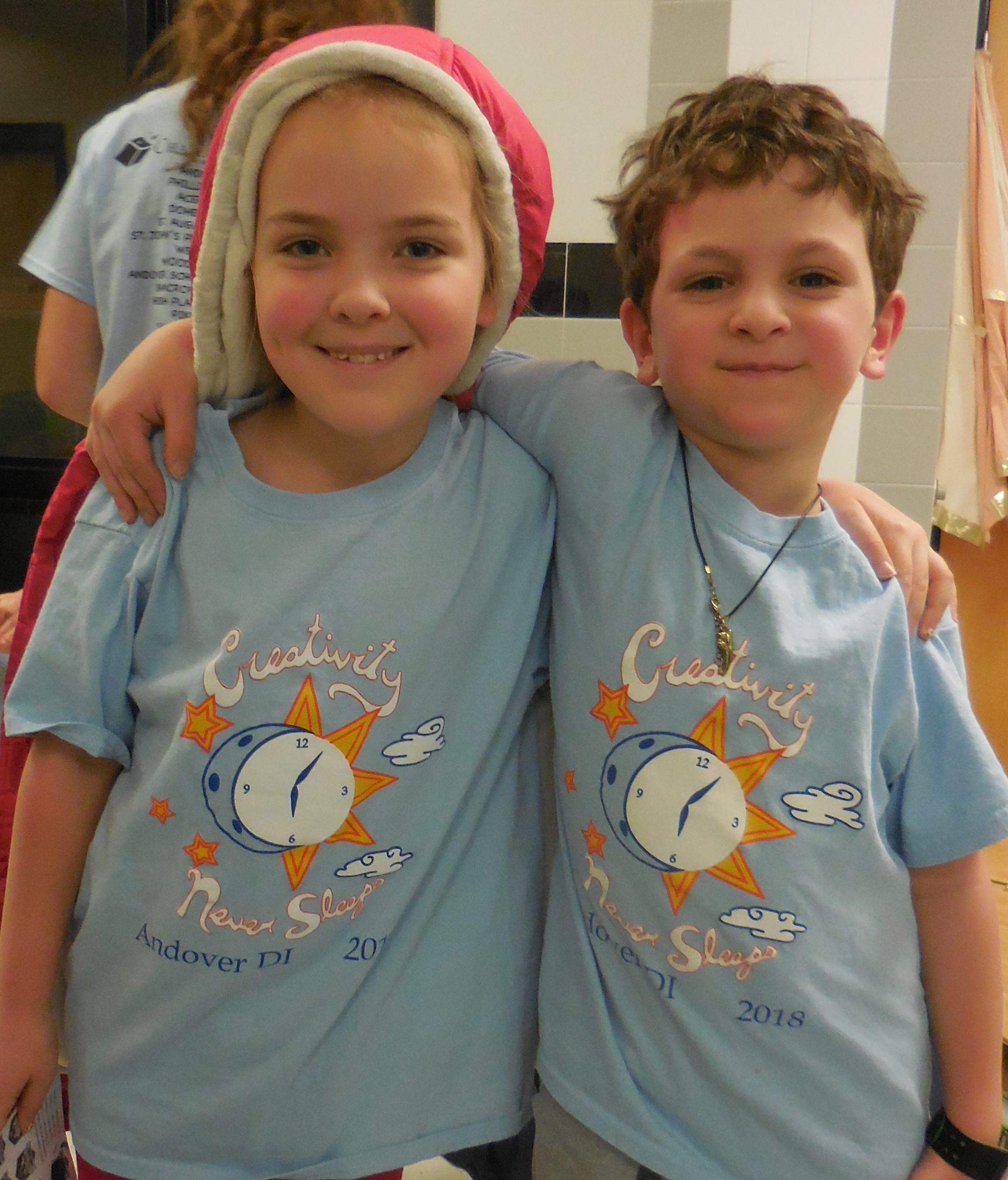
Central Challenge
Teams in K-2nd grade work on a special central challenge specifically designed for young learners. They also present their solution to an audience in the form of a short skit at the Regional Tournament in March.
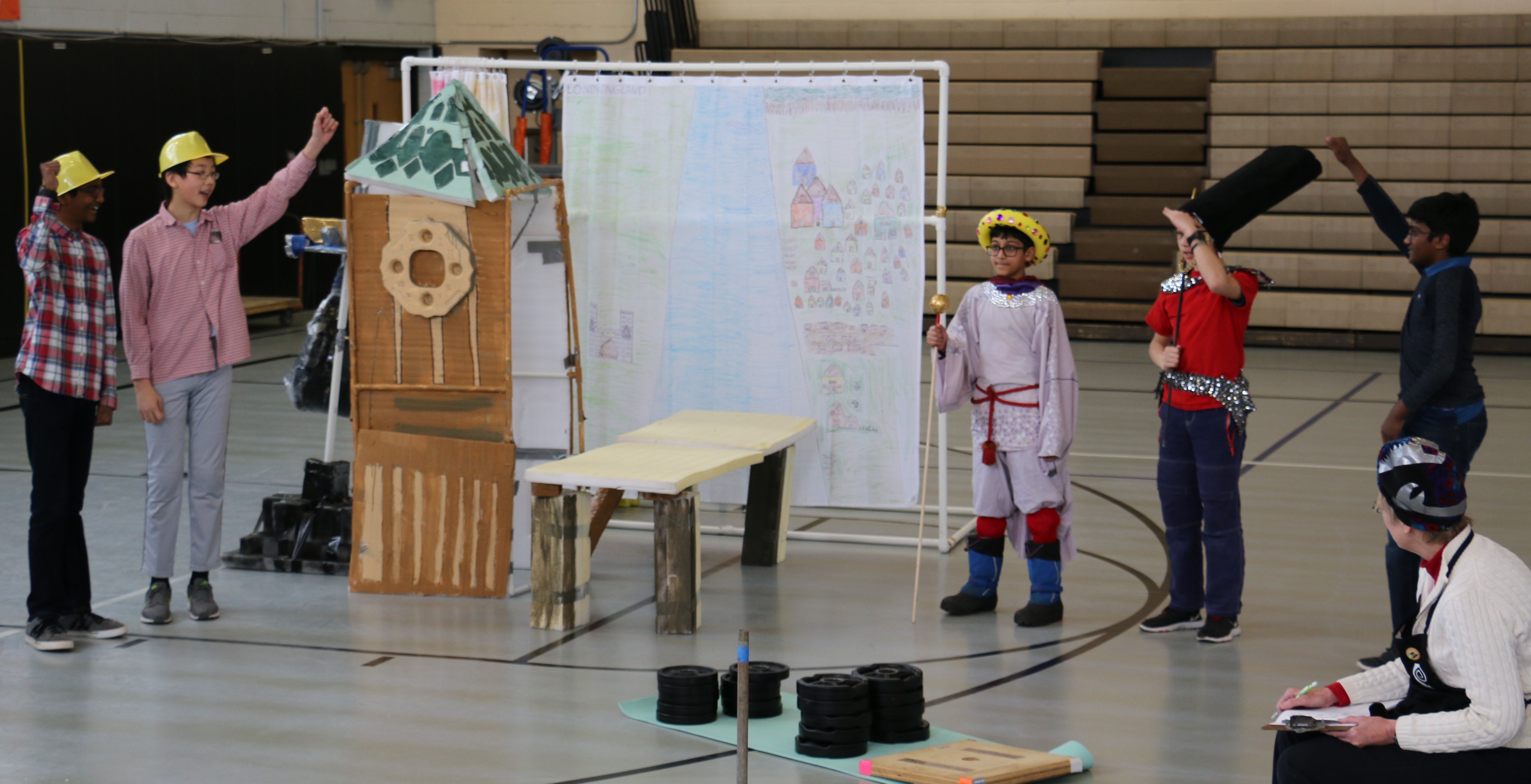
Instant Challenge (IC)
The Instant Challenge (IC) and the Central (main) challenge make up the Destination Imagination Program. Instant Challenges (ICs) are short challenges that usually take less than 10 minutes. ICs are designed to teach students to think quickly and flexibly in novel situation, as well as to help them build teamwork and communication skills. ICs are typically either task-based or performance-based. A task-based IC typically provides the children with some material and asks them to design and build something that meets some criteria. It could be as simple as: use several materials (i.e., paper, straws, paperclips, mailing labels and pipe cleaners) and in 3 minutes, build a tower as tall as it can be. A performance-based IC may ask a team to prepare a 2 minute skit in 3 minutes in which a character is in a particular unusual situation, and then present the skit to the appraisers. A third type of IC is a hybrid IC, in which the team is given materials to build something and then also needs to put on a skit using the item they just built.
Teams typically practice ICs at their meetings. At the Tournament, a team must solve an IC that they have never seen before.
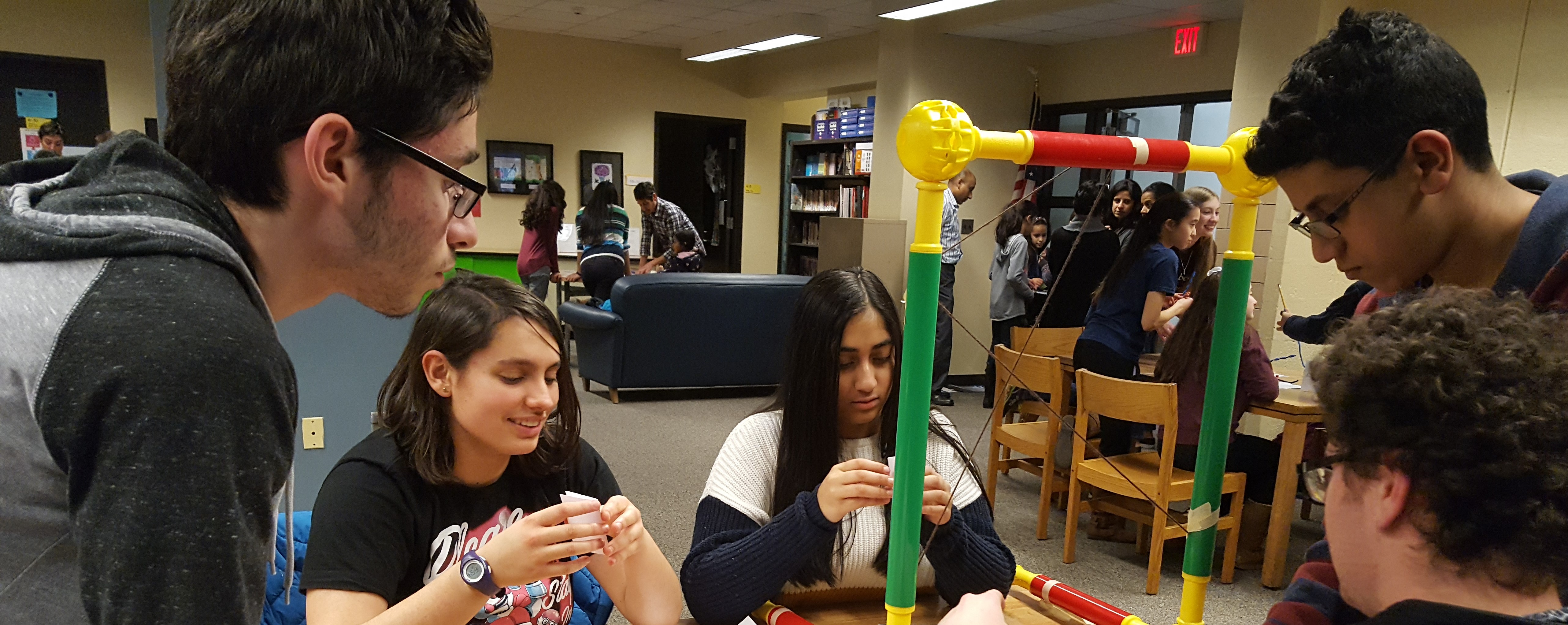
Team Manager
Every team is required to have at least one adult Team Manager, but teams may have anywhere up to 3 managers who share manager duties. Some teams may have a high school student, usually an experienced DIer, who acts as an assistant manager.
Managers facilitate team meetings as the team works on solving their Central Challenge. Managers may ask questions to the team to help them clarify their ideas and can teach the team skills that the team can use in solving their challenge. Managers also typically are in charge of obtaining materials for the team, using the materials fee that team members pay, although they may delegate this job to team parents. Managers also usually enforce safety rules.
Managers NEVER interfere with the actual solution to the central challenge, so they cannot tell the team how to solve the challenge (or even give the team ideas for solving the challenge), nor can they do any of the work for the team.
Because DI requires all teams to have at least one manager, and a team can have a maximum of 7 students, we can only place all the interested children on teams if we have enough volunteer team managers. We encourage parents to volunteer to manage a team. New managers often enjoy managing in pairs, so they can share the duties. CMI provides support and training for our managers.
Considering becoming a team manager? See FAQ for new managers to learn more!
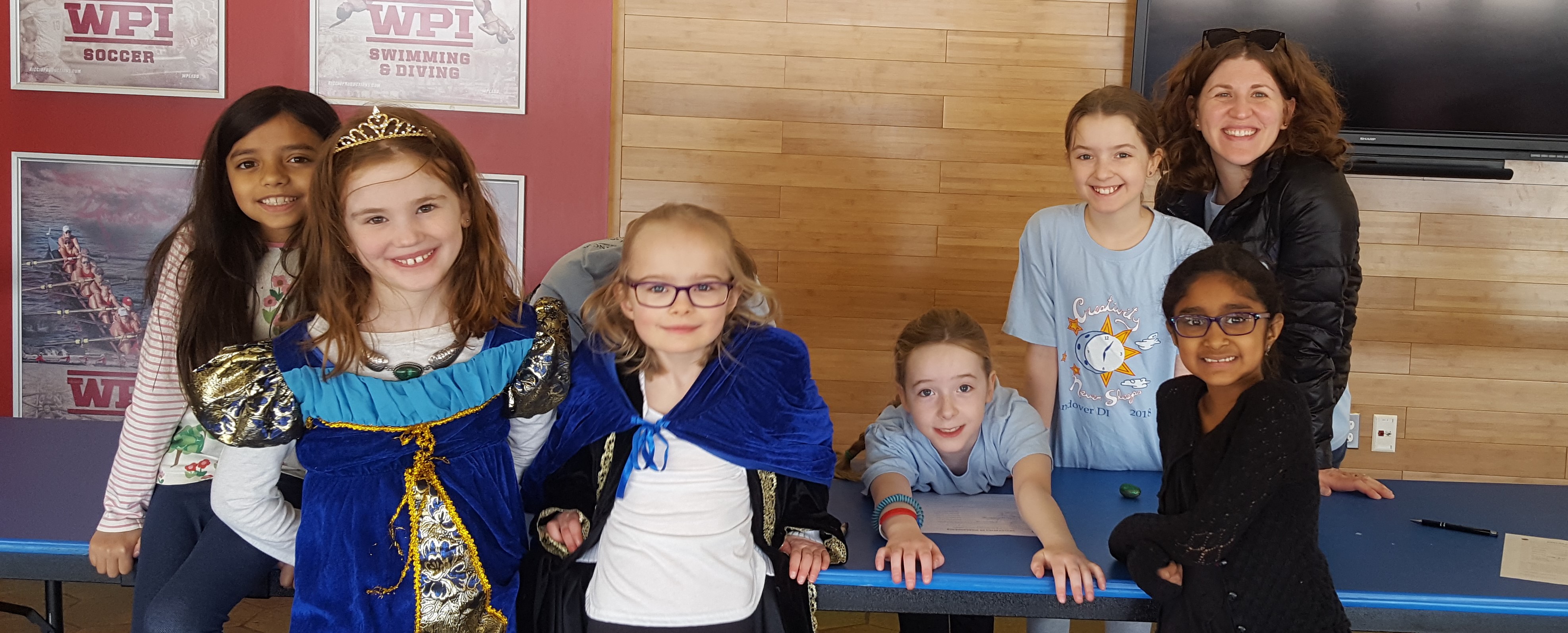
Appraiser
Appraisers learn a lot about DI through training, so it is a great way for new parents to learn more about what DI is about.
All teams are required to supply one volunteer appraiser or they are assessed a $200 fine by MADI. MADI does not want the fine; they want appraisers because each Regional Tournament needs about 100 volunteers to run smoothly! Please consider volunteering as an appraiser!
